A lobster diver who was checking one of his traps off the coast of Provincetown, Massachusetts, almost became breakfast for a humpback whale.
Michael Packard – a 56-year-old who had been diving off the coast of Provincetown for nearly 40 years – said he "felt this huge bump and everything went dark" when he was 45 feet below the surface of the water around 8 a.m. on Friday morning.
Not the point but this guy's expression after being swallowed by a whale is the most Massachusetts thing everhttps://www.capecodtimes.com/story/news/2021/06/11/humpback-whale-catches-michael-packard-lobster-driver-mouth-proviencetown-cape-cod/7653838002/\u00a0\u2026— Patrick Radden Keefe (@Patrick Radden Keefe) 1623444946
Packard initially feared he was involved in a shark attack.
He told WBZ TV News:
"And then I felt around and I realized there was no teeth. And then I realized, 'Oh my God I'm in a whale's mouth. . . and he's trying to swallow me.'"
"I could sense I was moving, and I could feel the whale squeezing with the muscles in his mouth."
Veteran Cape Cod lobster diver Michael Packard was swallowed whole by a humpback whale and lives to tell the story\u2026pic.twitter.com/CQcCP2fdVs— Rex Chapman\ud83c\udfc7\ud83c\udffc (@Rex Chapman\ud83c\udfc7\ud83c\udffc) 1623461832
He continued:
"I thought to myself, 'there's no way I'm getting out of here. I'm done, I'm dead.
"All I could think of was my boys, they're 12 and 15 years old."
After about 30 or 40 seconds, he found himself getting expelled from the whale's mouth above the water's surface.
"Then all of a sudden he went up to the surface and just erupted and started shaking his head," recalled Packard.
"I just got thrown in the air and landed in the water. I was free and I just floated there. I couldn't believe. . . I'm here to tell it."
You can watch the news report, below.
Veteran Cape Cod lobster diver Michael Packard was swallowed whole by a humpback whale and lives to tell the story\u2026pic.twitter.com/CQcCP2fdVs— Rex Chapman\ud83c\udfc7\ud83c\udffc (@Rex Chapman\ud83c\udfc7\ud83c\udffc) 1623461832
Crew member, Josiah Mayo, radioed for help after witnessing what he initially believed was a Great White shark bursting to the surface.
According to Packard's sister, Cynthia Packard, Mayo told her a detailed account of what he saw.
She told the Cape Cod Times:
"There was all this action at the top of the water.
"Thank God, it wasn't a white shark. He sees them all the time out there. He must have thought he was done."
Packard was taken to the Cape Cod Hospital, where he was treated for some soft tissue damage. Contrary to his initial concerns, he did not suffer a broken leg but had a slight limp after being released from the hospital later that day.
Amazing he lived to tell this!— Sheila from Shirley (@Sheila from Shirley) 1623514571
This is a horrible, ridiculous yet amazing story— \ud83c\uddee\ud83c\uddeaJoeyPro\ud83c\uddfa\ud83c\uddf8 (@\ud83c\uddee\ud83c\uddeaJoeyPro\ud83c\uddfa\ud83c\uddf8) 1623461959
Tom Hanks' next movie.— Canadian eh (@Canadian eh) 1623463101
Marine mammal expert Peter Corkeron of the New England Aquarium said whales like the one Packard encountered do not consume humans as part of their diet.
Corkeron told the Boston Herald they are "gulp feeders" that "slurp up as much as they can and then swallow it down."
He added:
"It's a very unusual accident. . . this is a one in a — goodness knows what — trillion chance. He was just unlucky enough to be in the wrong place at the wrong time."
"Whales are big and strong, and if something goes wrong when you're around them, it can be very dangerous."
Corkeron did mention the possibility the whale, which is known for its "altruistic" nature towards humans, was possibly trying to help Packard by releasing him from out of the water and above the surface.
Humpbacks are such gentle, peaceful giants. What an incredible story.— Brooke Erdmann (@Brooke Erdmann) 1623463688
Packard is no stranger to near-death experiences.
Commercial lobster divers near Provincetown grab migrating lobsters off a sandy shelf while divers are tracked by topside crewmen above the surface.
But the job is a treacherous one as divers often subject themselves to the dangers of powerful currents near Race Point known to drag divers out to sea.
Packard once treaded the water for hours before being rescued, and he also found and recovered the dead body of a fellow diver.
The Cape Cod Times also reported Packard had survived a small plane crash on the way to Costa Rica ten years ago. The accident killed the co-pilot, pilot, and another passenger.
Packard sustained multiple serious injuries to his abdomen and upper body. He was among five surviving passengers rescued after spending two nights in the jungle, where they would not have survived another night.

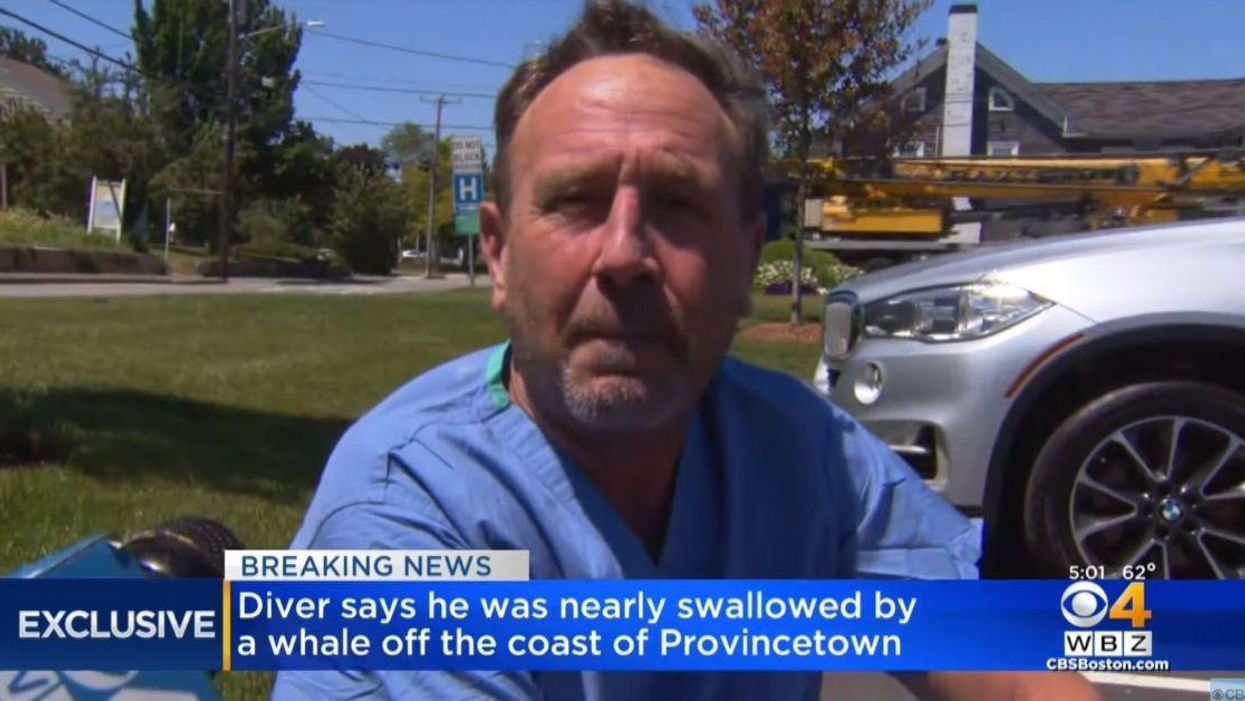


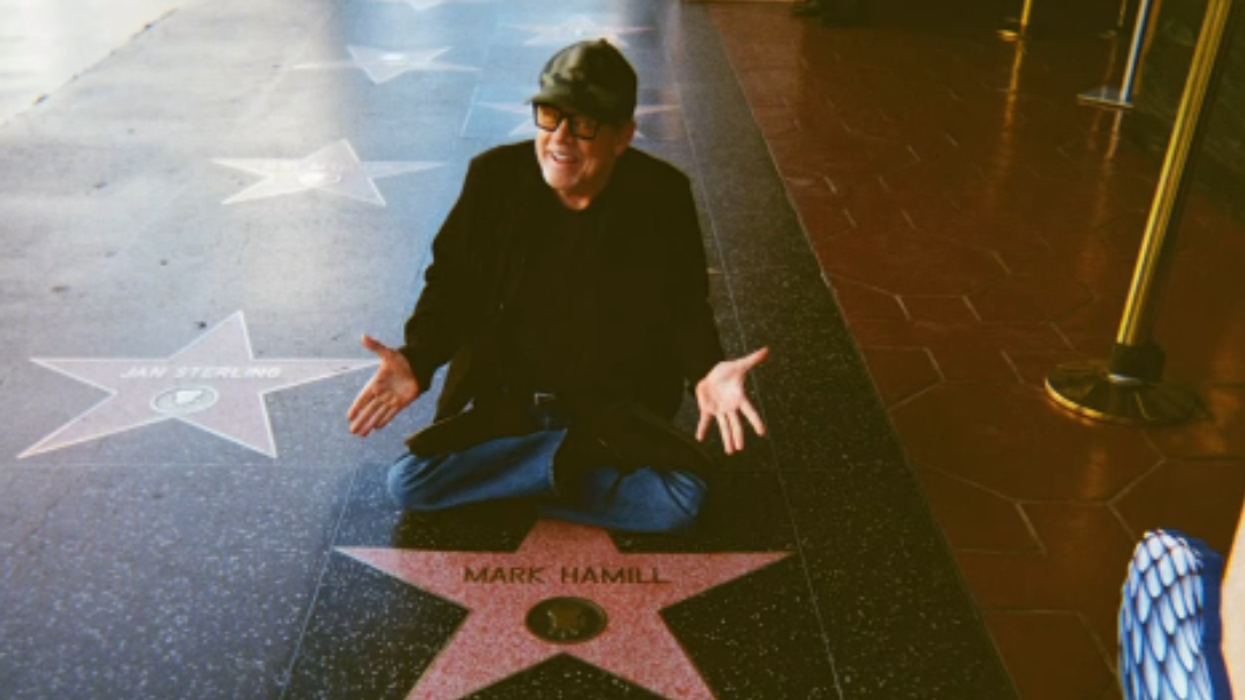
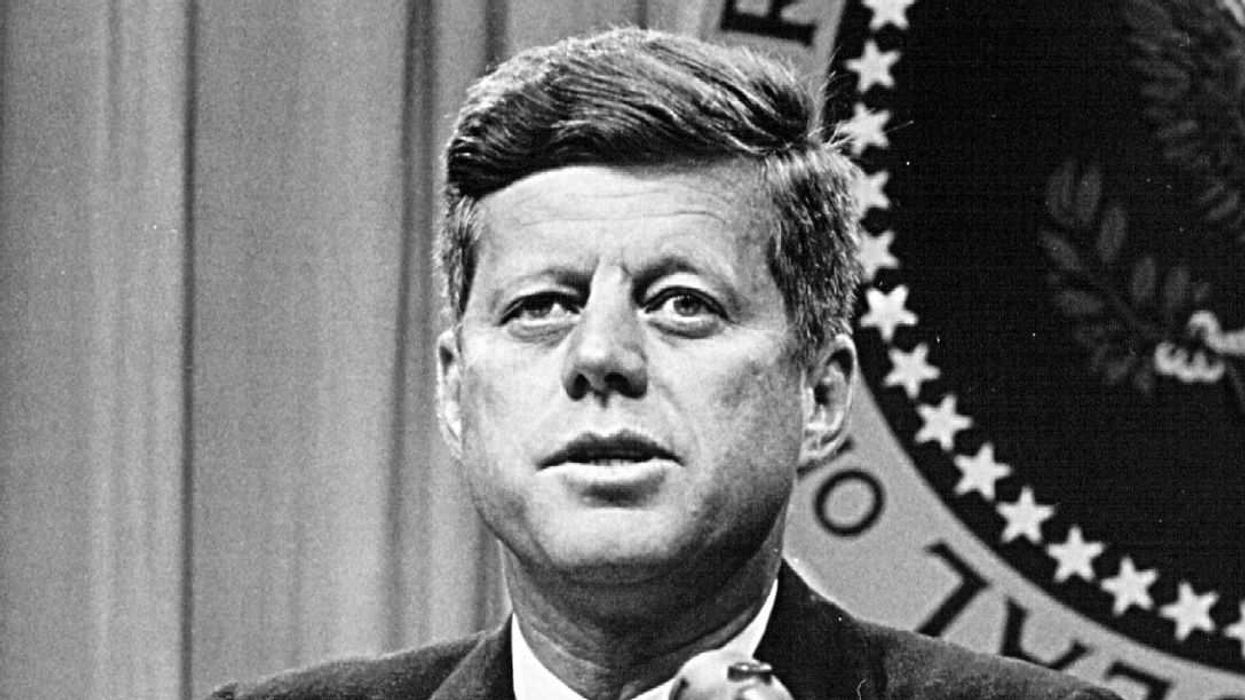

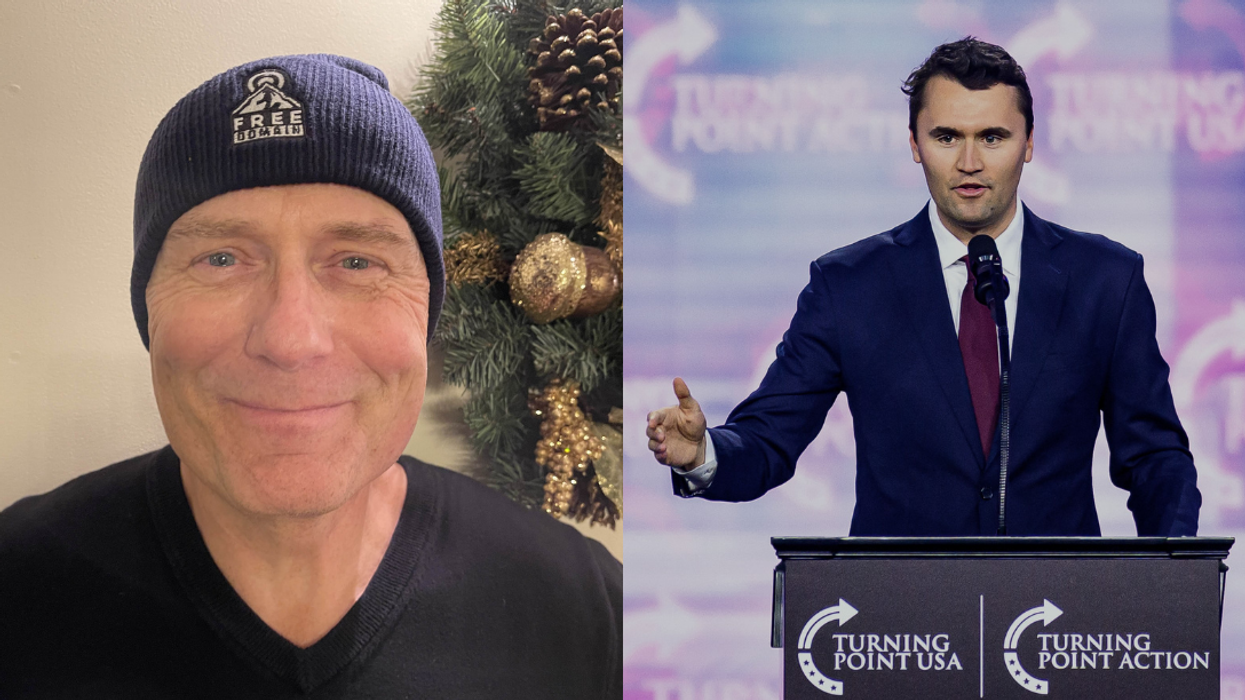

 Replying to @StefanMolyneux/X
Replying to @StefanMolyneux/X Replying to @StefanMolyneux/X
Replying to @StefanMolyneux/X Replying to @StefanMolyneux/X
Replying to @StefanMolyneux/X Replying to @StefanMolyneux/X
Replying to @StefanMolyneux/X


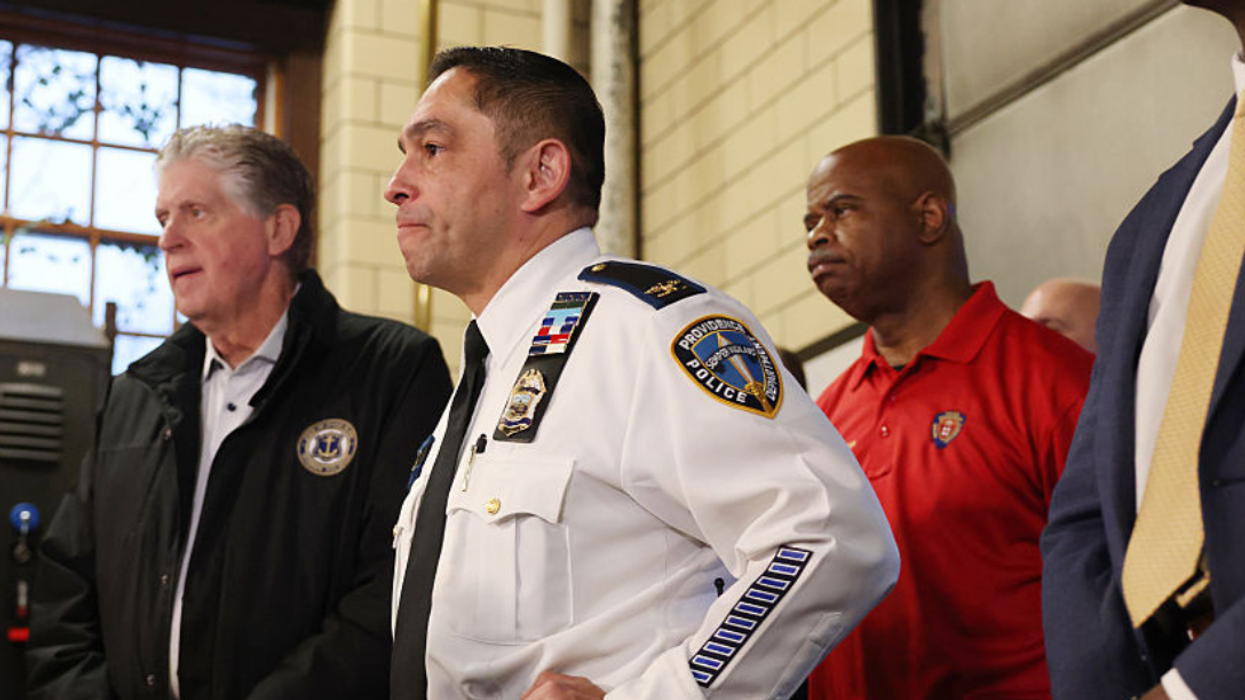
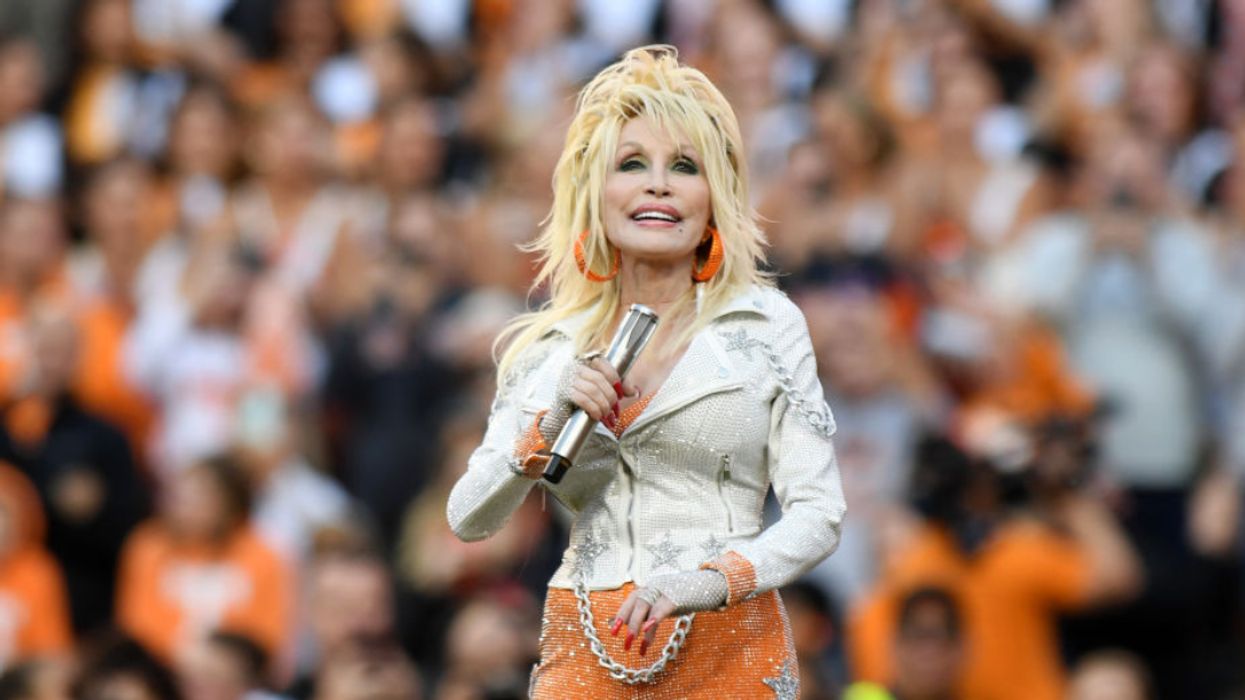


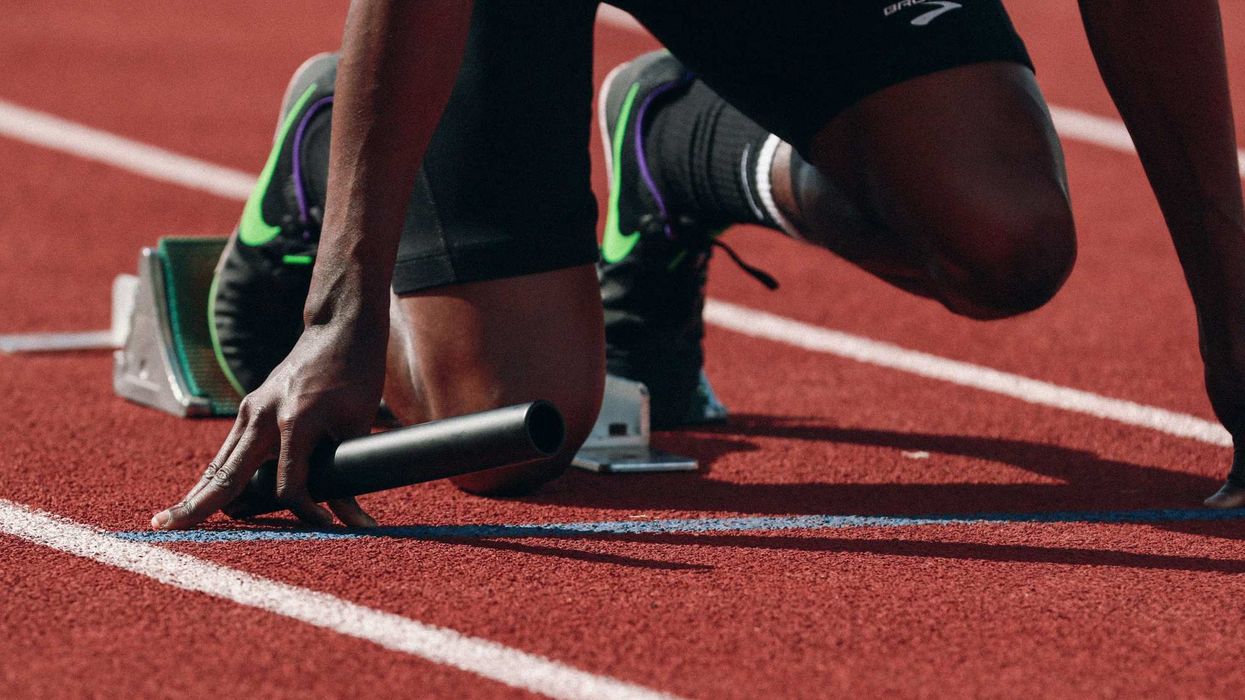

 Playing Happy Children GIF by MOODMAN
Playing Happy Children GIF by MOODMAN  May The Fourth Be With You
May The Fourth Be With You 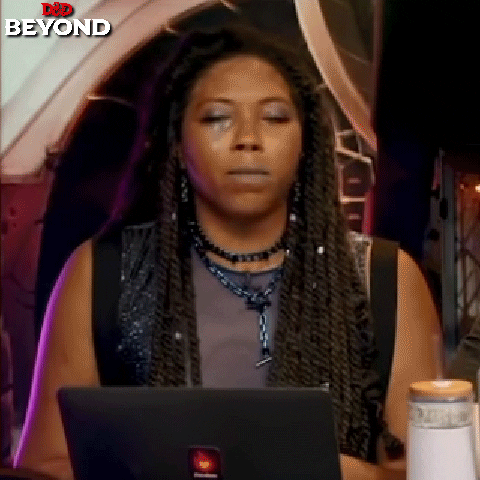
 Nhh GIF by New Harmony High School
Nhh GIF by New Harmony High School